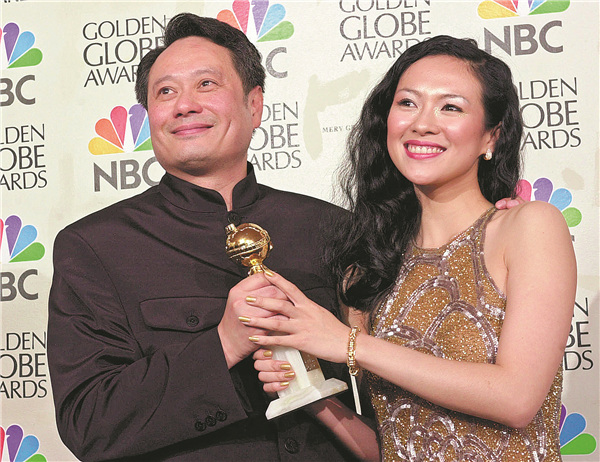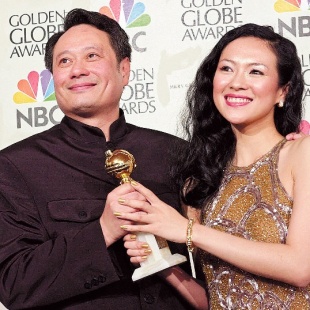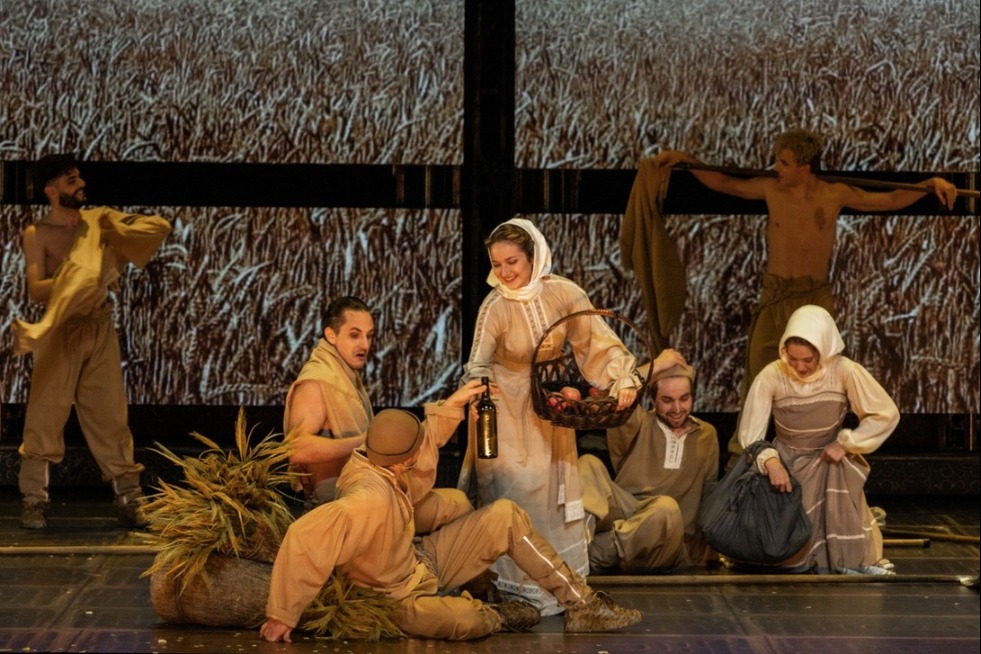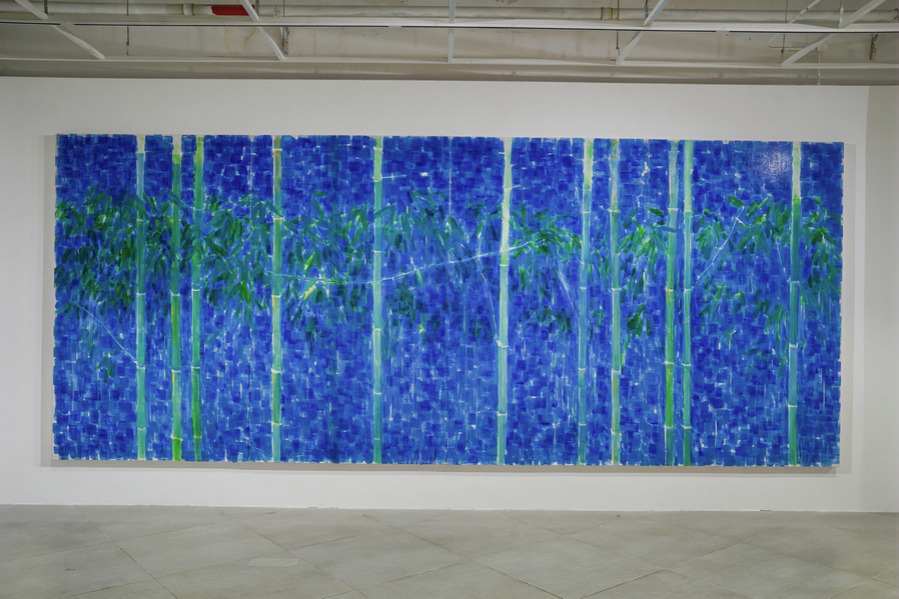20 years on, Ang Lee reflects on success of Crouching Tiger


It's physically impossible to get to the forest fight scene that takes place above a bamboo forest in the film Crouching Tiger, Hidden Dragon and not let out some kind of verbal exclamation.
Twenty years later, the exhilarating grace of Ang Lee's martial-arts masterwork is just as breathtaking. The way figures glide across the water. The extraordinary lightness of it. Its craft and choreography are only further evidence of a mantra uttered in the film: "A sword by itself rules nothing. It only comes alive in skilled hands."
Take that scene, where Chow Yunfat and Zhang Ziyi clash in a dance across bamboo stalks. Asked what he remembers about shooting it, Lee doesn't hesitate: The sweating. Not from heat but from the stress of suspending a few of Asia's biggest movie stars high in the air, held aloft by cranes over a valley.
"You use very heavy ways to imitate lightness," says Lee, speaking by phone from Taiwan during a recent trip from his home in New York. "Each actor hanging up there, you need 30 people down on the ground mimicking how the bamboo swings in the wind. I probably did about a third of what I wanted to do. The way you dream about a movie, it's very difficult to make real."
Dec 8 marked the 20th anniversary of the release of Crouching Tiger Hidden Dragon, an occasion being celebrated with a new limited-edition 4K UHD Blu-ray. It remains a movie unlike any other. An international coproduction filmed in China and shot in Mandarin, it still ranks, easily, as the most successful non-English language film ever in the US. The movie, which had a $17 million budget, grossed $128.1 million in North America.
Arguably more than any other film, Crouching Tiger Hidden Dragon opened mainstream American moviegoers to not just a new genre known predominantly in Asia-the wuxia tradition-but to subtitled films in general. It set another record with 10 Academy Awards nominations, a mark since equaled by Roma and Parasite. Crouching Tiger took home four Oscars.
Did Lee feel that when Bong Joon Ho's Parasite became the first non-English language best-picture winner in February that he had helped pave the way?
"Yeah, I did," says Lee, laughing. "I wouldn't say it happened because of me. But as people paved the way for me, I paved the way for that movie. And that movie paved the way for future moviemakers and goers. We're a community. We're all part of a history."
Crouching Tiger is poised between worlds. Its elegantly choreographed action scenes have the meter of poetry. Its conflicts between duty and freedom, master and disciple take on soulful dimensions-particularly in scenes with the film's antagonist: the rebellious Jen Yu (Zhang), a commanding figure of feminist fury and empowerment who at the time drew comparisons to Buffy the Vampire Slayer. Twenty years later, she still feels like a brilliant outlier in a male-dominated genre.





































